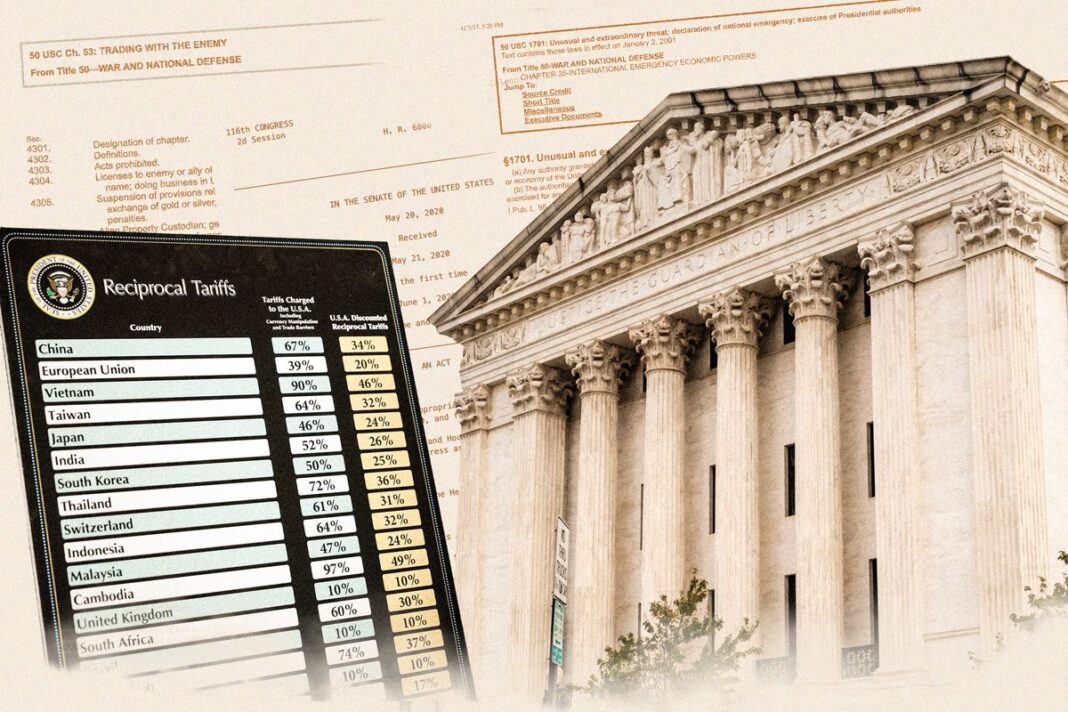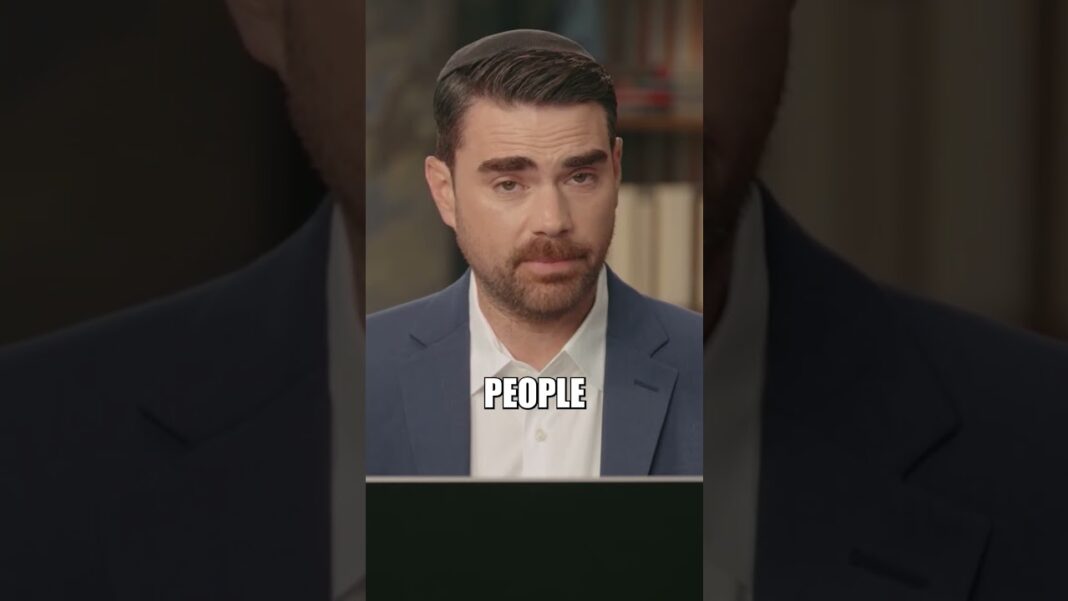The plaintiff intends to appeal, citing religious discrimination and a violation of her First Amendment rights.
A federal judge on Nov. 3 upheld the suspension of a school teacher in New Britain, Connecticut, who refused to remove a crucifix from the wall above her school workspace.
U.S. District Court Judge Sarah Russell ruled that it is not legally permissible for a government employee, including public school teachers, to display a religious artifact in a classroom if the object is unrelated to instruction.
The plaintiff, Marisol Arroyo-Castro, had taught in Connecticut public schools for 32 years before she was removed from her classroom at DiLoreto Elementary & Middle School in December last year.
School administrators asked her to move the crucifix from the wall to under her desk, where the students couldn’t see it.
Arroyo-Castro initially complied with the request but, after wrestling with her conscience, returned the item to the wall the following day, she previously told The Epoch Times.
The complaint against Arroyo-Castro was initiated after two seventh grade students told a science teacher about the crucifix and religious comments, according to court documents.
The science teacher then forwarded the concern to an assistant principal.
“I conclude that Ms. Castro acted pursuant to her official duties when she posted items on the classroom wall that students would see during instructional time,” the judge wrote in the Nov. 3 order.
“The classroom wall decorations are thus speech pursuant to Ms. Castro’s official duties and subject to the District’s control. For these reasons, I conclude that Ms. Castro is unlikely to prevail on the merits of her free speech and free exercise claims and is not entitled to the extraordinary remedy of a preliminary injunction. Ms. Castro’s motion for a preliminary injunction is denied.”
The judge also said the plaintiff’s protected speech argument under the First Amendment doesn’t apply in this situation because, in displaying the crucifix in a public facility, she was acting in the capacity of a government employee, not a private citizen.
“I am extremely disappointed with the decision by the court,” Arroyo-Castro said in a Nov. 3 statement issued by the First Liberty Institute, which represented her in the case. “I still hope that I will be able to return to the classroom and continue to invest in the lives of students as I have my whole teaching career.”
First Liberty Senior Counsel Keisha Russell said they would appeal the decision.
“Today’s decision flies in the face of clear Supreme Court precedent,” she said in a statement. “Requiring a teacher to purge their workspace of anything religious is blatant discrimination that violates the First Amendment.”







